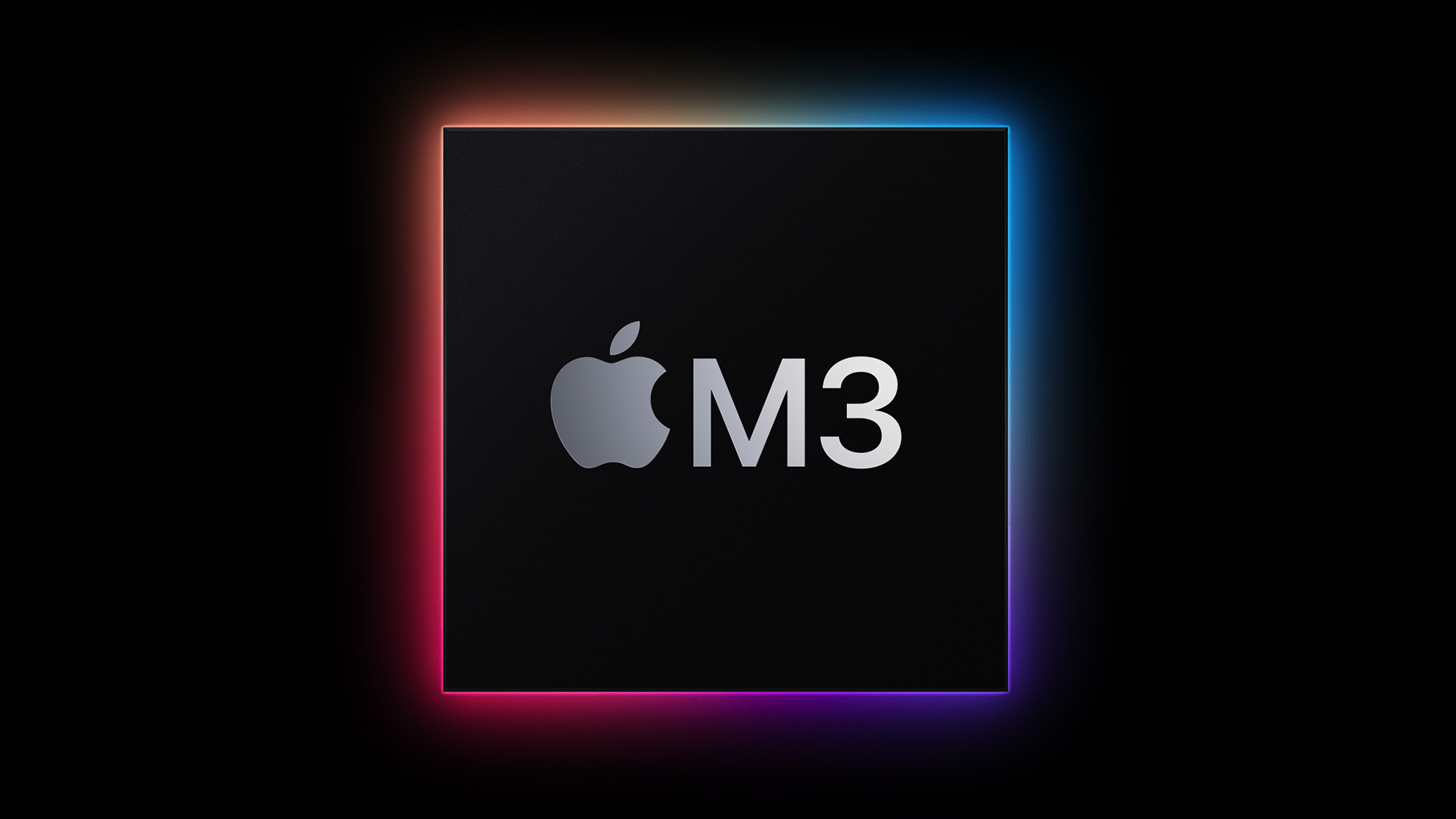
This guide contains everything that we know about Apple's upcoming M3 chips, and it will be updated over time as we learn more about them.
What We Know
Apple is still on the M2, M2 Pro, M2 Max, and M1 Ultra line of chips, and the first M3 chip isn't expected to launch until sometime in late 2023. As with the M1 and M2 chip releases, we'll see the standard M3 first, followed by the M3 Pro, M3 Max, and M3 Ultra.
Chip Details
Like the M2 chip, the M3 chip will feature an 8-core CPU and a 10-core GPU, but we will see more notable performance improvements when it comes to the higher-end chips. According to Bloomberg's Mark Gurman, the most powerful M3 chip, the Ultra, will have a 32-core GPU and up to an 80-core GPU.
Here's the breakdown:
| M2 | M3 | |
|---|---|---|
| Standard | 8 CPU cores (4 high-performance and 4 energy-efficient) 10 GPU cores |
8 CPU cores (4 high-performance and 4 energy-efficient) 10 GPU cores |
| Pro | 10 or 12 CPU cores (6 or 8 high-performance and 4 energy-efficient) 16 or 19 GPU cores |
12 or 14 CPU cores (6 or 8 high-performance and 6 energy-efficient) 18 or 20 GPU cores |
| Max | 12 CPU cores (8 high-performance and 4 energy-efficient) 30 or 38 core GPU cores |
16 CPU cores (12 high-performance and 4 energy-efficient) 32 or 40 GPU cores |
| Ultra | 24 CPU cores (16 high-performance and 8 energy-efficient) 60 or 76 GPU cores |
32 CPU cores (24 high-performance and 8 energy-efficient) 64 or 80 GPU cores |
3-Nanometer Technology
Current M-series chips are using TSMC's 5-nanometer technology, but the M3 chips will use TSMC's newest 3-nanometer chip technology. A smaller node size equates to more transistor density, which improves both efficiency and performance. 3nm chips could offer up to 35 percent better efficiency, which would allow for longer battery life for M-series Macs.
Apple supplier TSMC is one of the only chip companies that is able to make 3nm chips, and rumors suggest that even TSMC's yield rates are just above 55 percent right now because the technology is so new. Apple's shift to 3nm will mark the first node update since the 5nm M1 chip came out in 2020, and it will bring a bigger performance update than we saw with the M2.
M3 Macs
So far, Apple has used standard "M1" and "M2" chips in its lower-end MacBook Pro and MacBook Air machines, while higher-end MacBook Pro machines use "Pro" and "Max" chips. The Mac Studio and Mac Pro use Apple's "Ultra" chips.
If Apple sticks with this chip naming scheme, lower-end M3 chips could be in Apple's entry-level machines, while higher-end Macs could get M3 Pro, M3 Max, and M3 Ultra chips.
Macs Expected to Use M3 Chip
Macs Expected to Use M3 Pro Chip
- Mac mini
- 14-inch MacBook Pro
- 16-inch MacBook Pro
Macs Expected to Use M3 Max Chip
- 16-inch MacBook Pro
- Mac Studio
Macs Expected to Use M3 Ultra Chip
- Mac Studio
- Mac Pro
Release Date
Rumors so far suggest that we'll see the first Macs with M3 chip in 2023. Apple plans to release the standard M3 chip first, and we could potentially see it in refreshed 13-inch MacBook Pro, Mac mini, and MacBook Air models before the end of the year. Bloomberg's Mark Gurman says we can expect new Macs in October.
Higher-end machines with M3 Pro, M3 Max, and M3 Ultra chips are not expected until 2024.
Guide Feedback
Have questions about the M3 chip or want to offer feedback on this guide? Send us an email here.
This article, "Apple's M3 Chip: Everything We Know" first appeared on MacRumors.com
Discuss this article in our forums
0 Commentaires